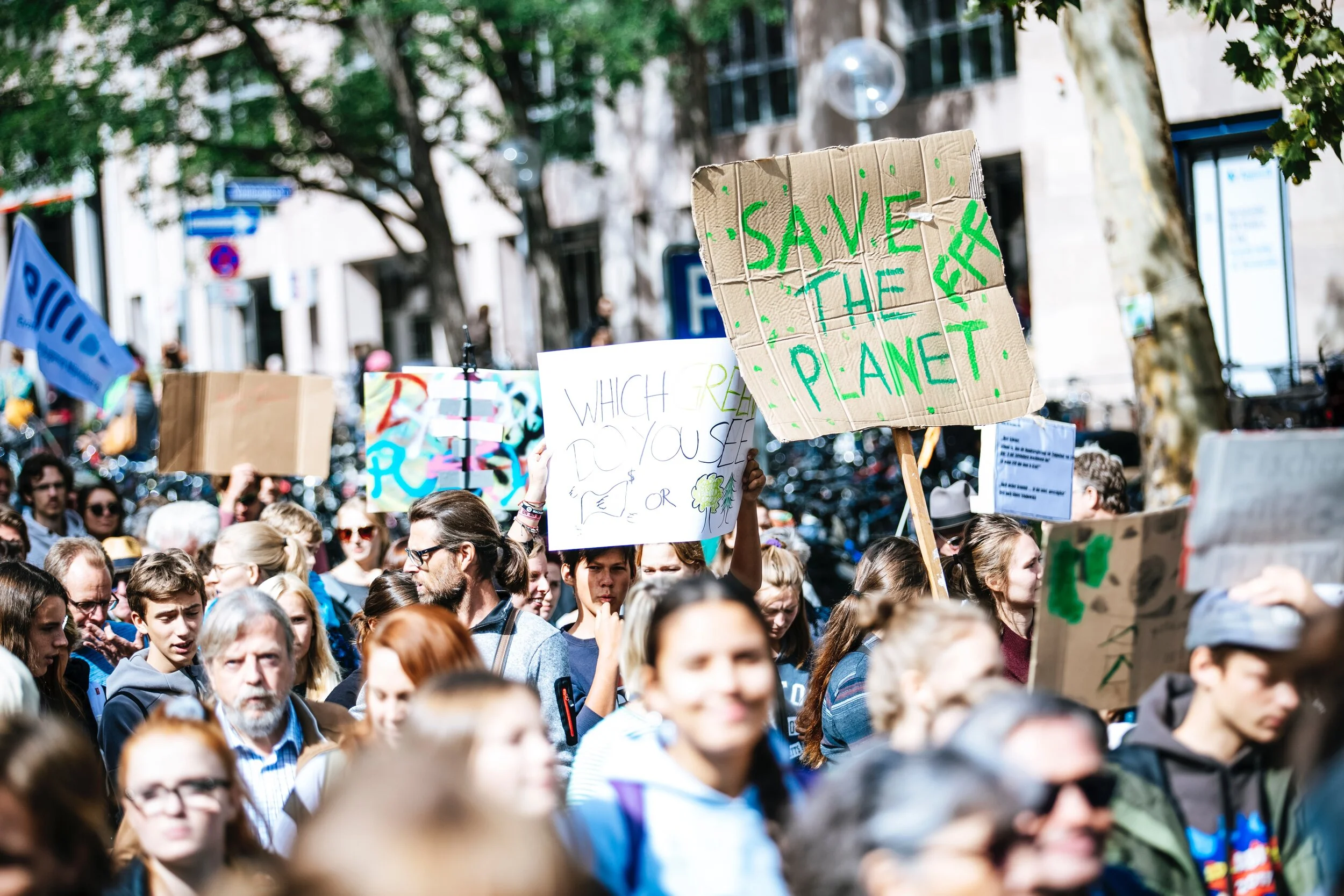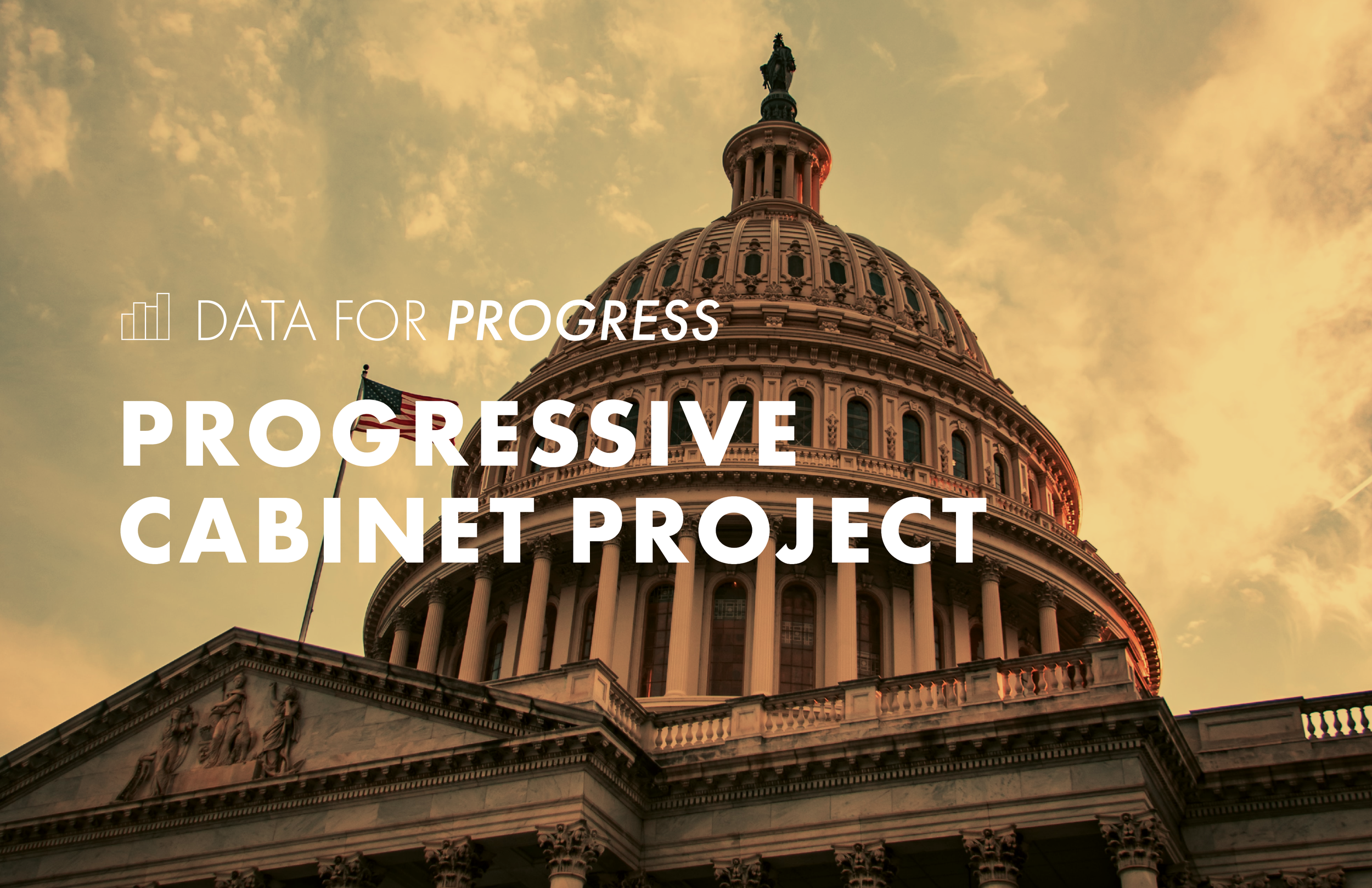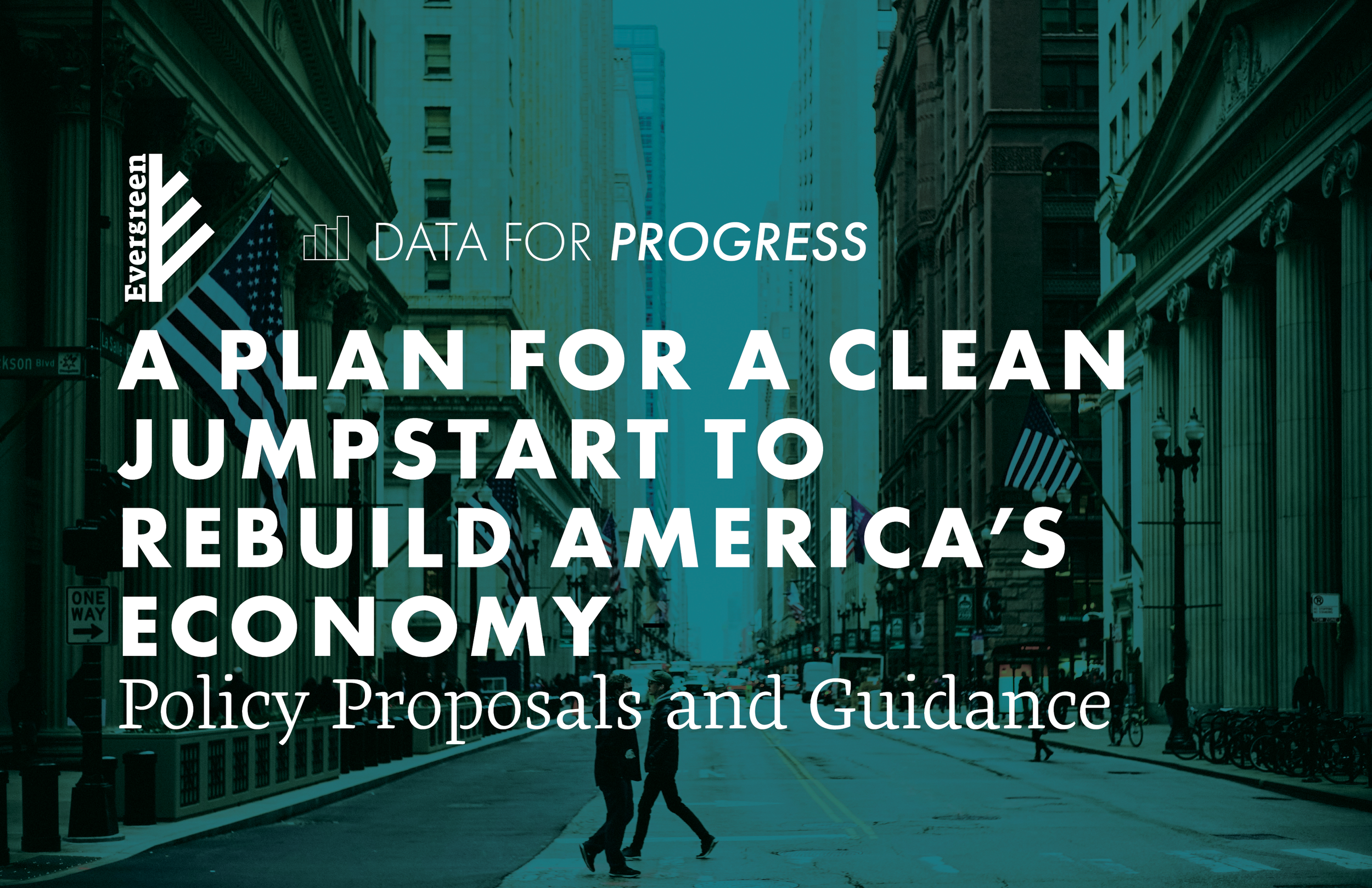Memo: Voters in Key States Support a Wealth Tax
By Ethan Winter Analyst, Data for Progress
Executive Summary
The 2020 Democratic presidential primary saw three candidates, Senator Elizabeth Warren, Senator Bernie Sanders, and Tom Steyer, call for a wealth tax. Other candidates for President who also spoke favorably about a wealth tax included Pete Buttigieg, Beto O’Rourke, and Tim Ryan. These taxes are assessed on the assets of individuals with net worths totaling in the millions, and are a way to reduce wealth inequality and raise substantial amounts of revenue. If one is looking for a way to pay for the progressive agenda, this is a kind of tax to turn to.
From the end of July and through mid September, Data for Progress polled voters in 11 states including key battlegrounds, such as Arizona, North Carolina, Iowa, and Maine, that will help to determine which party controls the Senate in 2021. In these surveys we asked voters their opinion about wealth taxes, testing their support for such a tax and to see if they would be more likely to vote for a politician who supports a wealth tax.
Among voters in all 11 of these states, 61 percent said they’d be more likely to vote for a candidate who supports a wealth tax, while only 19 percent said they’d be less likely to. In both Maine and Iowa, 69 percent of voters said they’d be more likely to vote for a candidate who supports a wealth tax, while only 16 and 17 percent, respectively, said they’d be less likely to do so. In Arizona, North Carolina, and Texas, meanwhile, attitudes are similar. In Texas, for example, 61 percent said they’d be more likely to support a Senate candidate who backs a wealth tax while 25 percent said they’d be less likely. Even in Mississippi, a majority of voters (51 percent) of voters said they’d be more likely to vote for a candidate that calls for implementing a tax on wealth.
These results are consistent with polling that Data for Progress and the Justice Collaborative released in May of this year also showing high levels of support for a wealth tax among likely voters nationally.





